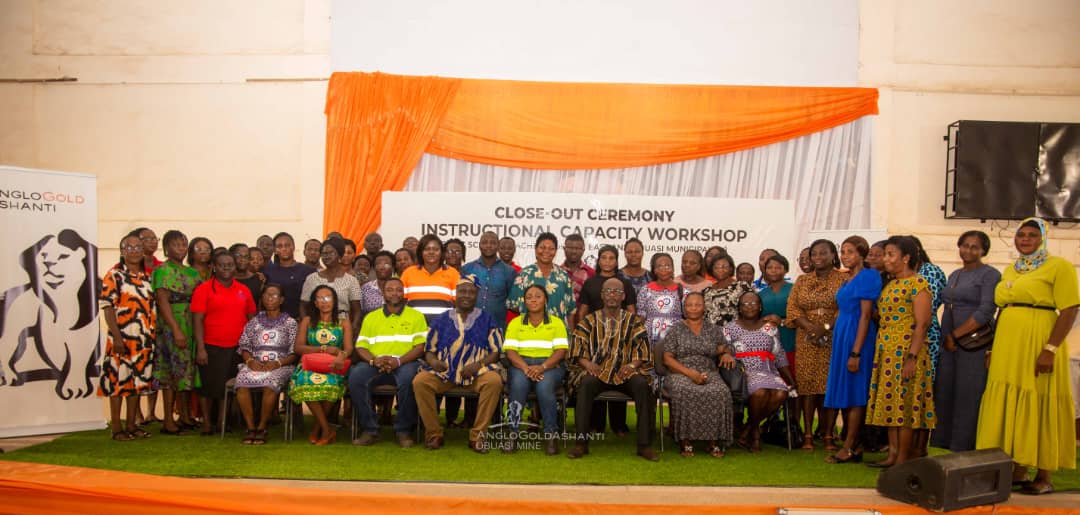ARTICLE AD
About 90 per cent of businesses affected by the COVID-19 pandemic have fully recovered and are in operation, a survey conducted by the Ghana Statistical Service (GSS) has revealed.
The study, titled ‘Ghana Business Tracker Wave 4’, was done in collaboration with the World Bank, European Union (EU) and the United Nations Development Programme (UNDP).
The Business Tracker is part of the global Business Pulse Survey by the World Bank and its partners to measure the impact of the pandemic and subsequent crises on the private sector.
Conducted between April and July 2023 and covered 3,157 micro, small, medium and large-sized companies, including 60 European firms, revealed that majority of the firms surveyed had experienced improvements in their cash flows.
It said the businesses covered under the study recorded a 4.2per cent increase in nominal sales between 2021 and 2022, and local companies trading with European firms recorded an 11 per cent increase in sales.
As part of the launch of the survey, there was a panel discussion and the speakers, Mrs Kosi Yankey-Ayeh, Chief Executive Officer (CEO) of the Ghana Enterprises Agency, CEO of Association of Ghana Industries, Seth Twum-Akwaboah, and Charles Kubi, Director of Economics and Business Bureau of Ghana Union of Traders Association, lauded the partners for the survey.
In a presentation on the survey, Mr Anthony Krakah, the Head of Industrial Statistics and Coordinator of Business Census at the GSS, said the current study was the fourth to be conducted since 2020 to study the impact of the coronavirus disease on businesses in the country.
He said the objective was to understand how businesses were recovering from the pandemic amidst new global and local challenges, how trade was faring between local and European firms, and the outlook for firms and how they were navigating the global challenges.
Mr Krakah said the questions for the Ghana Businesses Tracker Wave 4 were expanded to include how firms were adopting digital and green technologies in their operations.
He said the study revealed that about 12 per cent of the businesses surveyed were embracing digital technologies as a means to counteract the impact of the COVID-19 pandemic, adding that formal firms were adopting digital technology which accounted for 15 per cent of their investments compared with their counterparts in the informal sector with 9 per cent of their investment going into digital technology.
On green solutions, Mr Krakah said few companies had adopted energy-efficient solutions in their operations.
“One in ten firms report that they are using energy-efficient manufacturing equipment. More than two-thirds of micro, small and medium firms report not having a target for energy consumption. Among large firms, 60 per cent do not have a target,” the Head of Industrial Statistics stated.
Dr Johnson Owusu Kagya, Chief Statistician of the GSS, in remarks made on behalf of the Government Statistician, Professor Samuel K. Annim, said the study would help provide evidence-based data to help in quality decision-making by the country’s policy makers.
Prof. Annim expressed gratitude to the World Bank, EU and UNDP for supporting the Ghana Business Tracker Wave 4.
The Practice Manager of the World Bank, Mrs Mehnaz Safavian, in her remarks, said the survey had come at an important time for Ghana, saying, “With the current challenges, the private sector will be the most important source of growth for the country.”
The Trade Counsellor of the EU Delegation, Mr Raffaele Quarto, and Head of Inclusive Growth and Accountable Governance Cluster of UNDP, Dr Edward Ampratwum, commended the GSS for the study.
BY KINGSLEY ASARE

 1 year ago
82
1 year ago
82 

